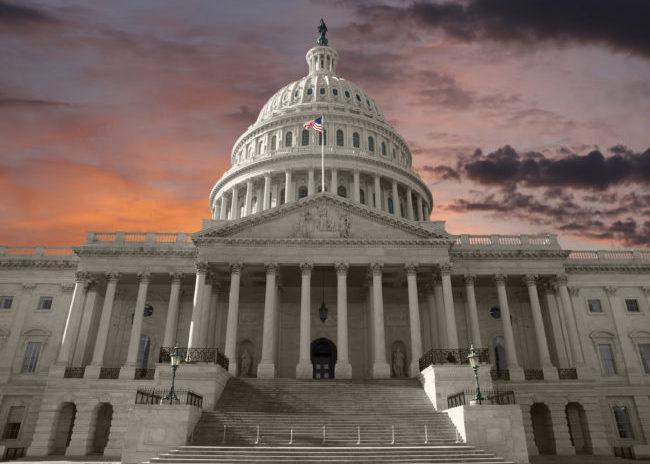The federal government has again sought a stay in the climate change lawsuit filed by 21 minors, known as the Juliana case. The lawsuit was filed in 2015 against President Obama and numerous federal agencies, claiming that the executive branch contributed to climate change in violation of the children’s rights under the Fifth and Ninth Amendments to the Constitution and an asserted federal public-trust doctrine. The children are seeking a declaration from the U.S.D.C. for the District Court of Oregon that the executive branch must prepare a consumption based inventory of U.S. carbon dioxide emissions and prepare and implement an enforceable national remedial plan to phase out fossil fuel emissions.
After the U.S. Supreme Court denied the government’s motion to stay in July 2018 as reported in a previous post, the government this time filed a motion to stay with the District Court of Oregon, on October 5, 2018. The government’s argument centered on the fact that the court has not ruled on the government’s dispositive motions in the 79 days since the hearing on those motions. Additionally, it has been 67 days since the Supreme Court noted the need for a “prompt ruling” on those motions, when it denied the government’s request for a stay in July. Trial in the matter is scheduled to begin on October 29, 2018, and expected to last 50 days. As the government again intends to seek a stay from the Supreme Court, it first filed the motion for stay with the trial court.
The government argued that all four factors to be analyzed when deciding a motion to stay were in its favor: 1) the applicant’s likely success on the merits; 2) irreparable injury to the applicant absent a stay; 3) substantial injury to the other parties; and 4) the public interest. With regard to the first factor, the government believes that the Supreme Court will likely direct the district court to dismiss the case since the plaintiffs lack standing and the relief sought invades upon the political process. Second, the government will arguably be harmed by proceeding to a 50 day trial given the fact that there is arguably no constitutional basis for the court to hear the claims. Third, the plaintiffs will not be harmed by a stay because climate change “is not something that can be stopped in the near term,” as their own expert stated. Fourth, under Ninth Circuit law, the balance of equities and consideration of the public interest merge when the government is a party, meaning that this factor tips in the government’s favor given the analysis of the prior three.
While both the Supreme Court and district court have so far refused to act on the government’s requests, it is anticipated that an important decision in the lawsuit will be made soon, with the trial date fast approaching. Either the district court will rule on the government’s dispositive motions, or will fail to do so and afford the Supreme Court the opportunity to possibly stay the matter.

